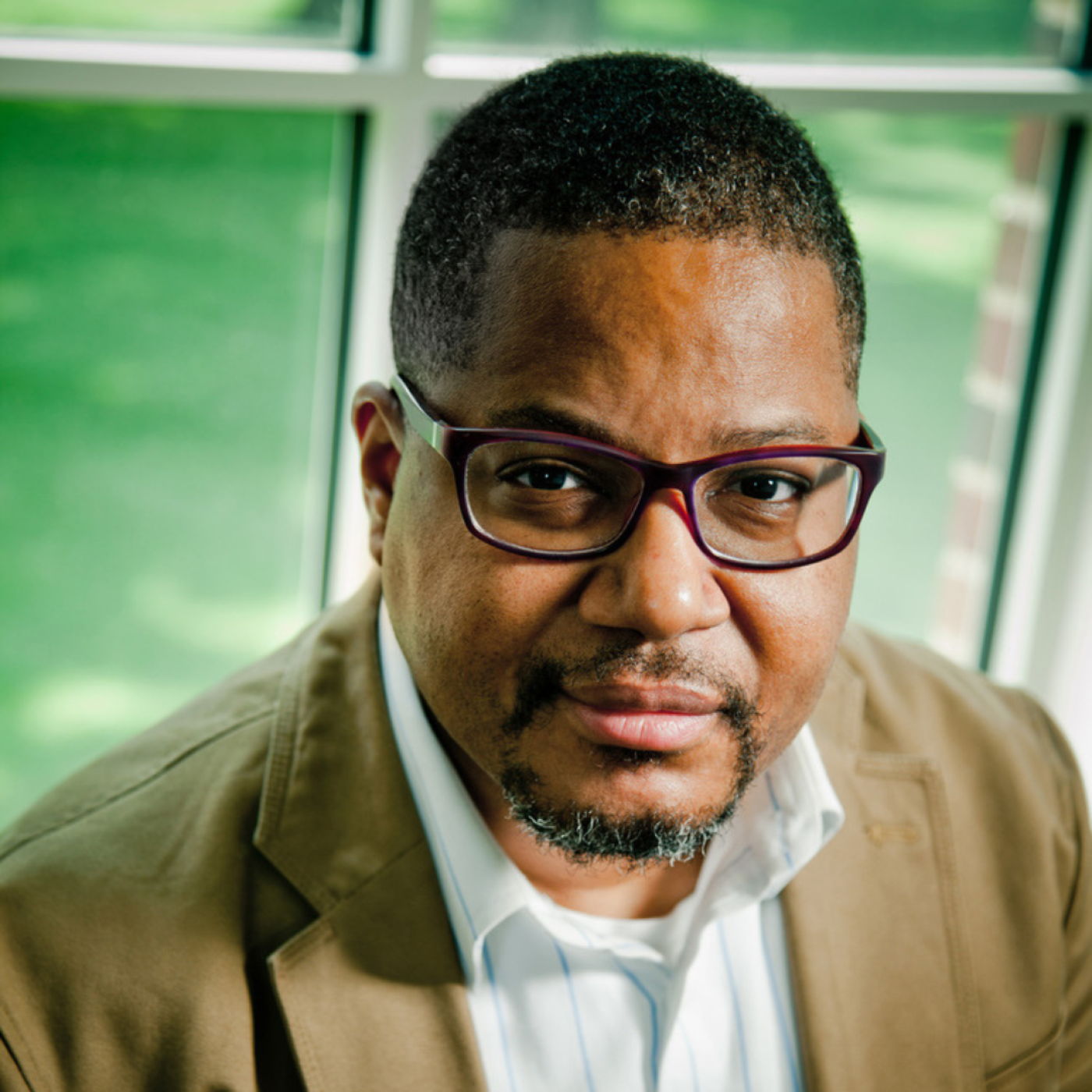"Can we evaluate new music without thinking about the old? Why do we like the old?...The queries surrounding the value of old and new music in 'A New Song' are appropriately represented by its Washington Bach Consort premiere: New music performed on period instruments."
These are some of composer Trevor Weston's thoughts about his cantata that will be receiving its world premiere on Sunday in the opening concert of the WBC's 2022-23 season, a program entitled “Mythologies Past and Present”. His piece will open the program, but to fully understand what it’s about we first have to turn to the work on the second half of the program, by Johann Sebastian Bach.
J. S. Bach's Cantata BWV 201 is a secular work based on the story in Ovid's Metamorphoses about a music competition between Phoebus (Apollo) and Pan. As in any endeavor involving Greek gods, it’s a rigged contest: after expressing his preference for the sprightly, rustic flute of Pan over the sublime, sophisticated lyre of Apollo, King Midas's ears are turned into the ears of a donkey!
With a libretto by Picander (a frequent collaborator of Bach’s who also wrote the non-scriptural texts for the St. Matthew Passion), this is a major but rarely heard work, nearly an hour in length, that is full of humor and sharply defined characters in the manner of a comic opera. Bach creates distinct musical styles for the two gods as well as the judges themselves, expressing the longing for the kind of music they want to hear.
"The text of 'A New Song' responds to an essential theme in the competition found in the myth of Bach’s cantata: How do we evaluate music? Many of the questions and topics found in my libretto come from years of teaching a course at Drew University entitled “Music and Meaning.” The course surveys many perspectives and debates about music by humans across time and cultures, encouraging discussion seeking a better understanding without attempting to find a definitive answer. What is the next new music? What makes music good or bad? Do we like music due to our emotional connection? Is every music respected or heard? Specifically, post-“Me Too” and “Black Lives Matter,” can we truly evaluate our music history without including music ignored in the past? "
WETA Passport
Stream tens of thousands of hours of your PBS and local favorites with WETA Passport whenever and wherever you want. Catch up on a single episode or binge-watch full seasons before they air on TV.
